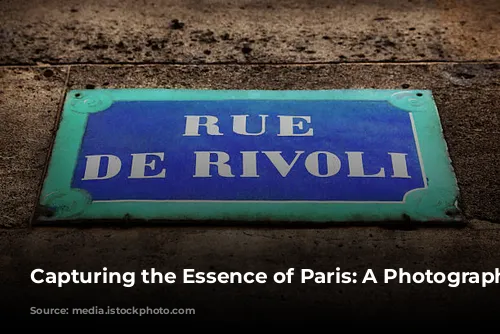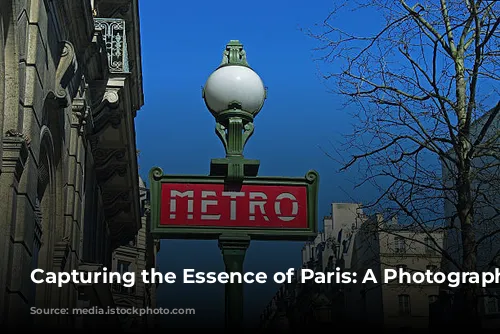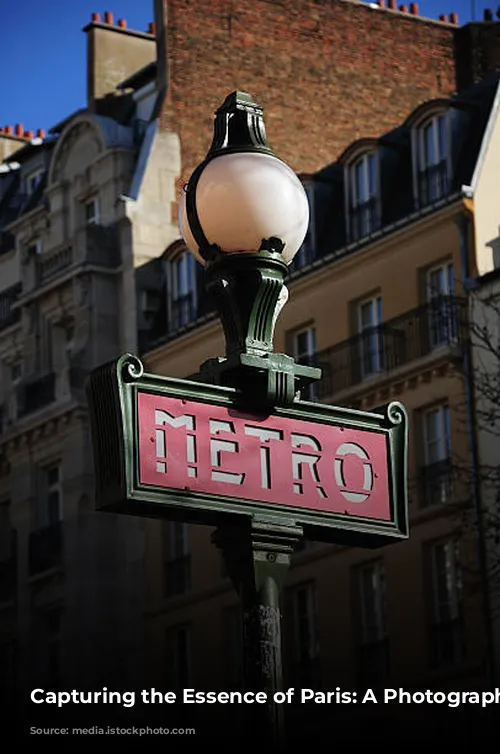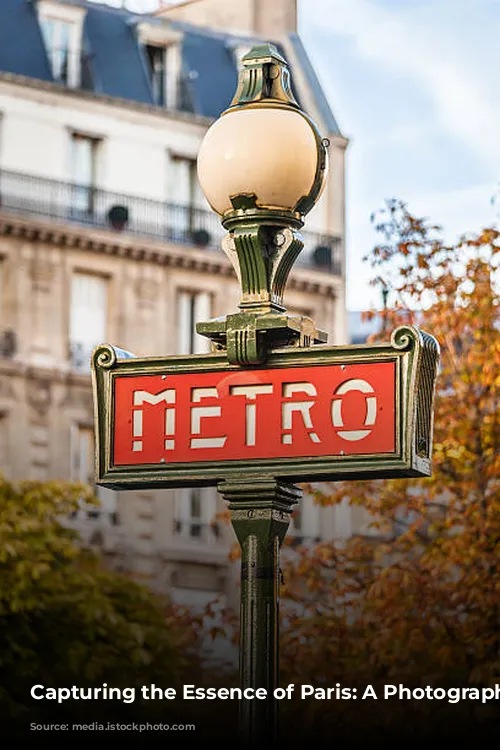Paris, the City of Lights, holds a unique allure for photographers. Whether you’re a seasoned pro or a curious amateur, capturing its magic requires an understanding of its essence. So, where and when is the best time to photograph this iconic city? Let’s dive in!
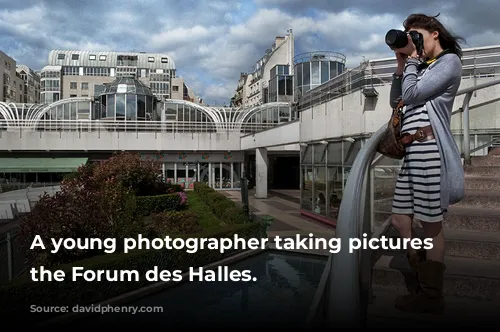
Parisian Locations for Photography
The heart of Paris, encompassing areas like Place de la Bastille, Place de la Concorde, and the banks of the Seine, is a photographer’s paradise. But venture beyond the well-trodden paths and discover hidden gems like Montmartre, Belleville, la Butte aux Cailles, the Catacombes, les Passages Couverts, parc des Buttes Chaumont, and cimetière Père Lachaise. These areas offer a glimpse into the vibrant tapestry of Parisian life, where families, children, and locals of all ages mingle amidst shops, cafes, boutiques, and restaurants.
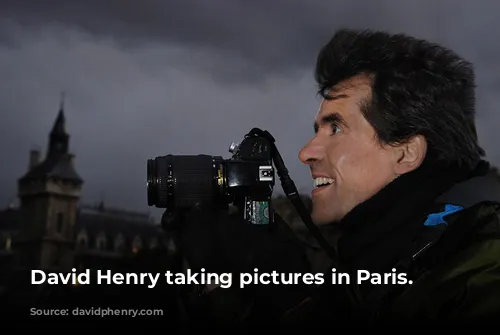
Timing is Everything
When it comes to capturing the perfect Parisian photo, any time of day can be magical. While many advise against shooting between noon and 4 pm due to harsh sunlight, I find the beauty of Paris transcends even the most challenging lighting conditions. The clouds often roll in after 1 pm, transforming the sky into a canvas of soft, diffused light. Embrace the sun, whatever the time, as it reveals the intricate details of Parisian architecture.
When the weather turns unpredictable, embrace the City of Lights literally! Paris transforms into a mesmerizing wonderland at night, its illuminated landmarks and streets creating a magical ambiance.
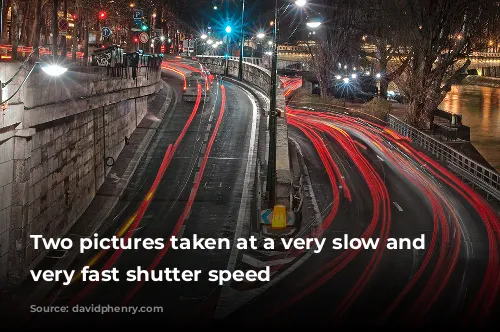
The Seasons of Paris
Every season paints Paris with a unique charm. As a New Englander, I adore the vibrant colors of autumn foliage. However, the bare branches of winter reveal the architectural grandeur of Parisian buildings and monuments. Summer, with its clear blue skies and fluffy white clouds, is ideal for capturing classic Parisian landscapes, while the long summer evenings offer a golden hour that stretches until 10 pm, providing a soft, magical light for your photos. A dusting of snow, a rare sight in Paris, creates a breathtaking winter scene.
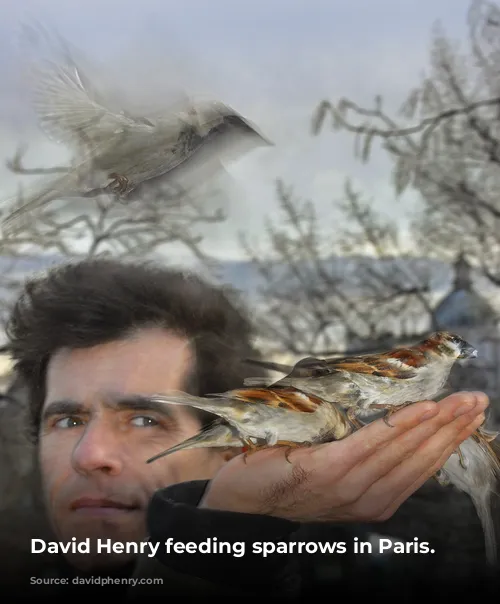
Point-and-Shoot Photography: A Guide for Beginners
Many photographers believe that a point-and-shoot camera can be a powerful tool for capturing stunning images. The key is to “compose according to the light.” When the sun is shining, make sure your photo is either entirely in the sunlight or entirely in the shadows. Avoid compositions that are split between light and shadow, as this can lead to overexposed highlights and dark, underexposed shadows. Always prioritize capturing the sunlit areas, as the sun brings out the textures, patterns, and details of the architecture.
Another tip is to zoom in and reduce the amount of shadow in your photos. Wide-angle shots can often have significant differences in brightness. Similarly, try to avoid backlit situations and keep the sun behind you, even on cloudy days. These simple techniques can elevate your photography.
Point-and-shoot cameras excel at macro photography, providing a generous depth of field. This means that more of the subject is in focus, resulting in sharper images compared to “professional” cameras with larger sensors.
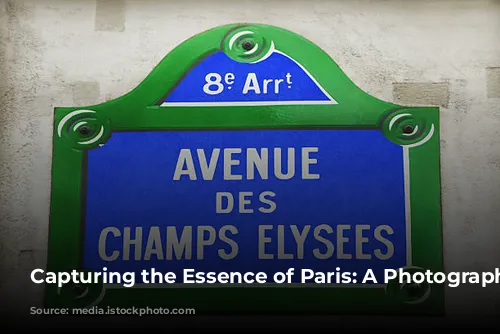
Capturing the Parisian Spirit
The essence of Paris is subjective, unique to each individual. To truly capture its magic, I recommend allowing yourself a few days to explore. Be adventurous, optimistic, and energetic, and immerse yourself in the city’s vibrant tapestry. Wander through the streets, seeking out the hidden corners and charming alleyways. Study maps and prioritize older neighborhoods with winding, meandering streets. These hidden gems often offer the most authentic Parisian experiences.
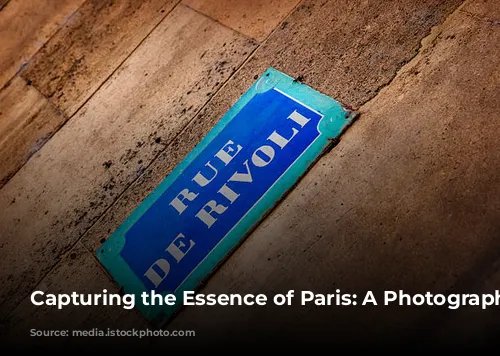
Photography Settings: A Professional’s Perspective
For most of my photographs, I rely on the Aperture Priority mode (A or AV on most cameras). By stopping down the lens halfway (f/8-f/11 on most lenses), I control the depth of field and ensure sharp focus. The shutter speed and sensitivity can be adjusted to achieve the desired exposure, ensuring that every shot is perfectly balanced. While many cameras offer various scene modes, I find them unnecessary and often prefer the simplicity of manual control or Aperture Priority.
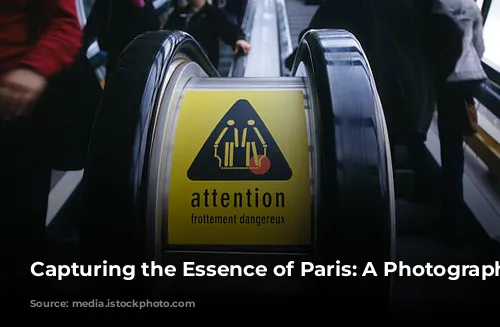
A Final Piece of Advice
Before embarking on your Parisian photo journey, take time to appreciate the existing photography of the city. Browse through postcards outside shops and examine photography books. While these are not meant to be replicated exactly, they offer inspiration and insight into the most popular and iconic spots. Studying existing works will help you identify locations that resonate with you and determine the types of photos you desire to create.
This approach proved invaluable during my visit to the Guggenheim Museum in New York. Inspired by the museum’s architecture, I browsed through postcards and books, gaining a better understanding of the space and its possibilities. Returning with a newfound understanding, I captured a dozen stunning photographs. This technique can be applied to any destination you choose to explore.
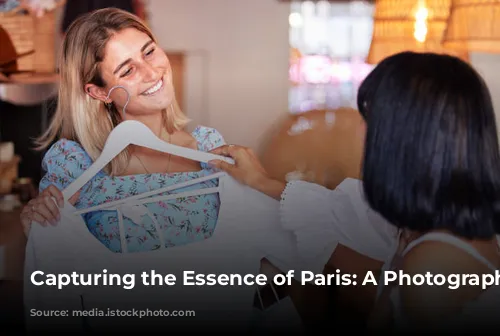
My Photographic Journey
I have been a devoted Nikon user since my teenage years, starting with the FM model. The switch to digital photography brought me much joy, and I continue to find Nikon cameras intuitive, ergonomic, and user-friendly. Although Sony has made strides in developing lightweight cameras with large sensors, I still favor Nikon for its ease of use.
Over the years, I have invested in various accessories that enhance my photography experience. Digital photography has evolved, and even affordable digital SLR cameras from 2011 onwards are capable of producing high-quality professional images.
I hope this guide has provided you with insights into the world of Parisian photography. Embrace the city’s beauty, explore its hidden gems, and capture its magic through your lens. Happy shooting!
